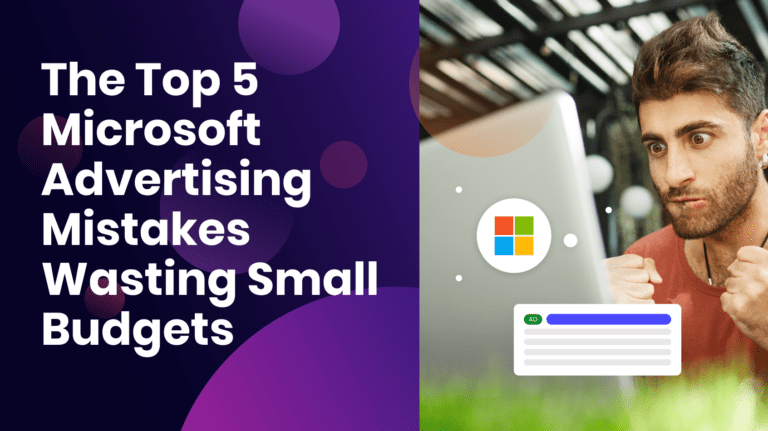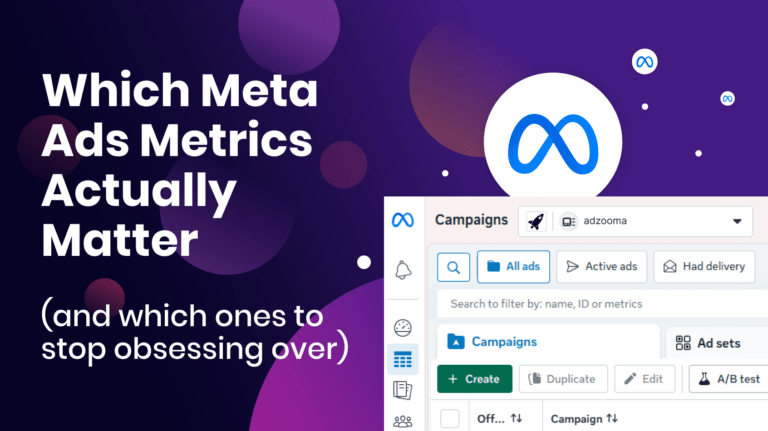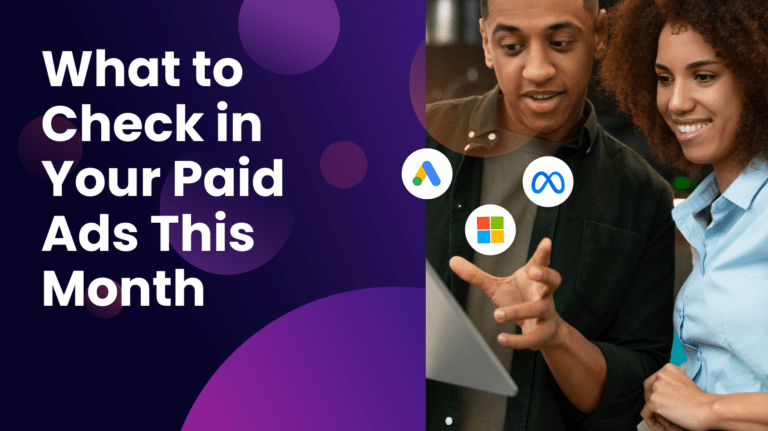Click fraud isn’t something you immediately think about when you run a PPC campaign. But it’s crucial to understand the basics and be aware of the growing problem you could face.
Once you understand how click fraud works then it’s easier to protect your campaigns. You may be under the impression that more clicks equate to more sales but what if these clicks never converted and kept costing you money? You might have been unlucky and none of these visitors converted or worse your competitors have started to maliciously click on your ads.
What is click fraud?
Click fraud is the activity of a competitor, person or bot intentionally or maliciously clicking on a competitor’s ads with the sole purpose of inflating the advertiser’s spend. The effect of this is to try to stop their competitors’ ads from appearing in the search results (SERPs) and hand themselves a business advantage.
This activity has been around since the early days of PPC but recently, advertisers have realised they need to do something about it.
The threat of click fraud is everywhere; on every PPC network with every advertiser able to fall victim to it. No business is safe from malicious fraudsters who aim to make a profit from your ads. For example, in 2017, about 1 in 5 clicks on paid ads were fraudulent.
What are PPC networks doing about it?
It’s often speculated that PPC platforms aren’t doing enough about click fraud to protect their customers. But many networks have developed their own systems to detect fraudulent clicks.
Google Ads has a traffic quality center that will helps reimburse affected users. If their system detects that a click is fraudulent then they automatically refund you the cost of the click.
The most commonly affected industries are finance, family and food. This is likely related to their high cost per click (CPC). Finance, for example, is a very competitive industry with major mortgage advisors and financial firms spending a huge portion of their marketing budget bidding on highly competitive keywords.
Though this might seem like the answer, in reality, the invalid clicks system does not allow user control and many advertisers think the system has major flaws. This means click fraud is still happening and advertisers are not being refunded. With advances in automated detection systems and fraudulent bots, it is getting more difficult to detect the perpetrators.
This results in some advertisers still being charged, spending hours sending reports and struggling with convoluted requests from Google to produce evidence, web logs and explanations.
5 common myths about click fraud
1. Click fraud is fake news and it will not affect you
Pay-per-click users will often fall for this myth. However, the reality is, there are thousands of malicious bots and unethical competitors looking to waste your budget at any time.
Inaccurate tracking combined with dysfunctional click fraud monitoring software, or worse, no click fraud software at all, means it is almost impossible to track who is clicking your ads manually. As Google Ads doesn’t record users’ IP addresses, there is no way to track how many fraudulent clicks you are getting. Just because you can’t see it doesn’t mean it’s not happening.
2. Google stops all fraudulent clicks
You might think that with a growing increase in click fraud cases that Google would be tackling the problem. The reality is that Google has a click filter, but they don’t block the fraud. If you’re one of the lucky ones you might get a refund, but not everyone does.
Considering that Google makes over 90% of their revenue from paid clicks, it’s in their best interest for you to believe their clicks are genuine.
3. It’s not a big problem – I’m immune from click fraud.
The ugly truth is that nobody is immune. Every advertiser can be affected – from small businesses to large multi-billion dollar companies. If you are running pay per click then you’re at risk of experiencing fraudulent clicks.
4. It’s fine I can block click fraud myself
If you’re a user that understands the risks and the growing problem then you might attempt to block it yourself. But this can be an almost impossible task. With Google not giving out any identifiable information on the users that have clicked on your ads, it can be hard to find out if they are genuine or not.
Some tech-savvy users will check their server logs to see who has connected to their web site. However, this quickly poses the question of how do I identify how they found me?
Without tracking it’s pretty much unfeasible.
5. I’m fine – My campaign is too small
Smaller advertisers are certainly not immune. It just takes one competitor to see your ad and this could make it a target of unscrupulous competitors. With costs quickly mounting, you’ll be out of pocket quickly and this will begin to affect your whole PPC campaign.
Monitoring your PPC campaigns
Using software like Adzooma is a great way to be notified if there is a sudden increase (or decrease) in clicks at a high cost that are not converting. An automation platform like this will help you to see the increase in clicks quickly and allow you to react.
What can you do to protect yourself against click fraud?
Once you understand click fraud and that every advertiser can be affected by it, you have two options. The first is to regularly analyse your traffic through server logs, and the data given to you by Google. The second is to use another solution that protects you and gives you more control. We prefer the latter.
If you do wish to check your traffic manually and analyse where it comes from then there are a few steps. Firstly you will need to ask your web host for your web logs. Depending on the web host you use and the set up will depend on how you obtain them.
Then you’ll have to spot the suspicious activity, like seeing a number of visits from the same IP address, then block it.
Or, start using click fraud protection tools such as PPC Protect. PPC Protect’s award-winning detection AI protects your Google advertising spend and data from click fraud attacks by detecting, investigating, and responding to invalid traffic in real-time – wherever it strikes.
PPC Protect’s award-winning detection AI protects your Google advertising spend and data from click fraud attacks by detecting, investigating, and responding to invalid traffic in real time – wherever it strikes.
If you do prefer an automated solution…
Automated solutions are your best bet. The best type of click fraud detection software will give you the opportunity to set your own excessive rules and settings, essentially giving you a lot more control than you get with Google Ads.
Click Guardian is designed specifically to integrate with Google Ads and combines advanced algorithms and rules to give advertisers the best chance of stopping click fraud before it gets worse. Monitoring IP addresses and tactics that fraudsters use to slip through the crack.
Having an anti-click fraud solution in place gives you much more control but also allows you to automate the blocking of excessive clickers in your Google Ads campaigns. Click Guardian push through the IP address blocks without you needing to lift a finger. Once you’ve set your rules and settings you can rest assured that Click Guardian will do the heavy lifting.
As a PPC advertiser, it is crucial to protect yourself against click fraud no matter if you’re a small business or large enterprise. You’ll wish you’d found the solution sooner when you see the money you’ve saved and the amount of fraudulent visitor IP addresses that are blocked.
Don’t become a victim of click fraud, sign up for a free trial with Click Guardian today.




